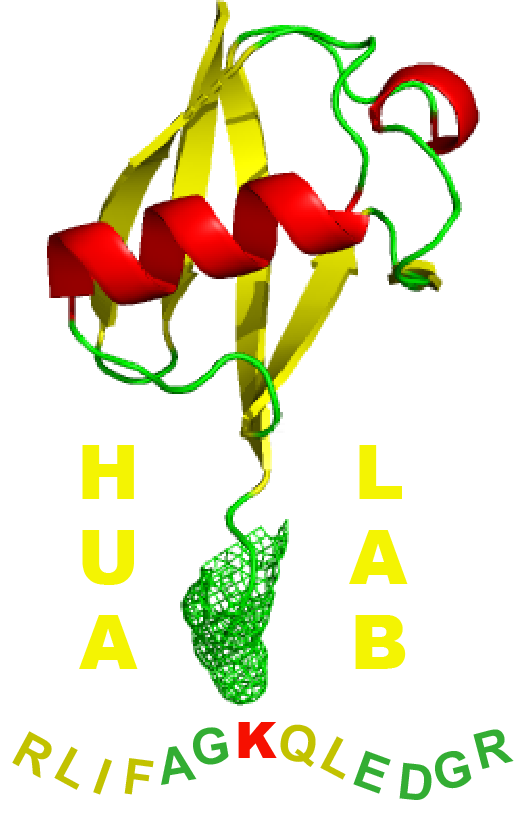- News & information
- About
- History
- George V. Voinovich
- George V. Voinovich Collection
- Calendar
- How to Find Us
- News
- Archives
- Photojournalism Fellowship Project
- Photo Essays
- Current Fellow
- Previous Fellows
- Reports and Publications
- Archives
- Students
- Prospective
- Center for Entrepreneurship
- Environmental Studies
- HTC/Voinovich School Scholars
- Master of Public Administration
- Current
- HTC/Voinovich School Scholars
- Center for Entrepreneurship
- Environmental Studies
- Master of Public Administration
- Alumni
- Contact
- School Leadership
- Strategic Partners Alliance
- Ohio University Public Affairs Advisory Committee
- Ohio University Public Affairs Advisory Committee
- Faculty and Fellows
- Faculty
- Visiting Professors
- Voinovich Fellows
- Professional Staff
The ubiquitin switch in plant stress response

Doroodian, P.(g) and Hua, Z.*
Abstract
Ubiquitin is a 76 amino acid polypeptide common to all eukaryotic organisms. It functions as a post translationally modifying mark covalently linked to a large cohort of yet poorly defined protein substrates. The resulting ubiquitylated proteins can rapidly change their activities, cel-lular localization, or turnover through the 26S proteasome if they are no longer needed or are abnormal. Such a selective modification is essential to many signal transduction pathways particularly in those related to stress responses by rapidly enhancing or quenching output. Hence, this modification system, so called the ubiquitin-26S proteasome system (UPS), has caught attention in the plant research community over the last two decades for its roles in plant abiotic and biotic stress responses. Through direct or indirect mediation of plant hormones, the UPS selec-tively degrades key components in stress signaling to either negatively or positively regulate plant response to a given stimulus. As a result, a tightly regulated signaling network has become of much interest over the years. The ever-increasing changes of the global climate require both the development of new crops to cope with rapid changing environment and new knowledge to survey the dynamics of ecosystem. This review examines how the ubiquitin can switch and tune plant stress response and poses potential avenues to further explore this system.

Contact Information:
(740) 593–9381 | Building 21, The Ridges
Ohio University Contact Information:
Ohio University | Athens OH 45701 | 740.593.1000 ADA Compliance | © 2018 Ohio University . All rights reserved.



